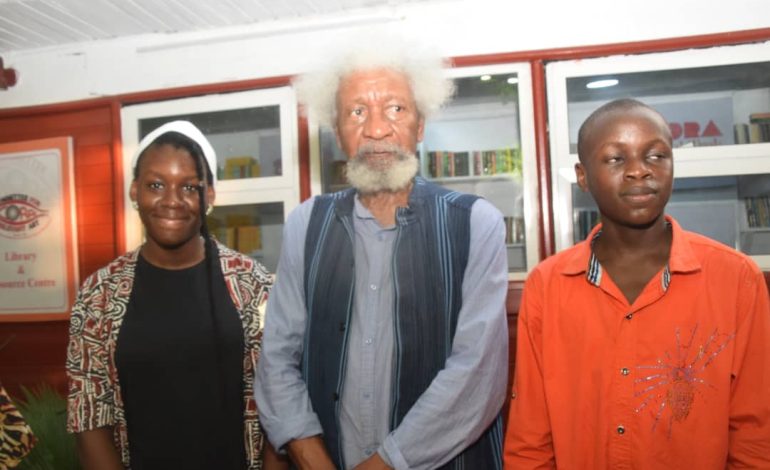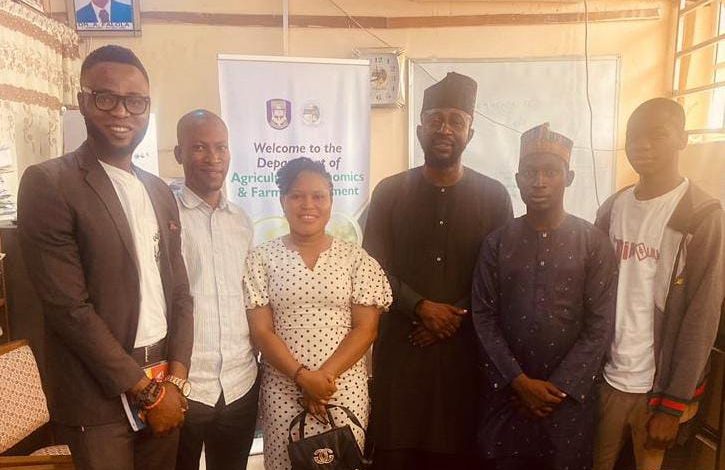Tasks before newly appointed agency heads at Ministry of Arts, culture and Creative Economy
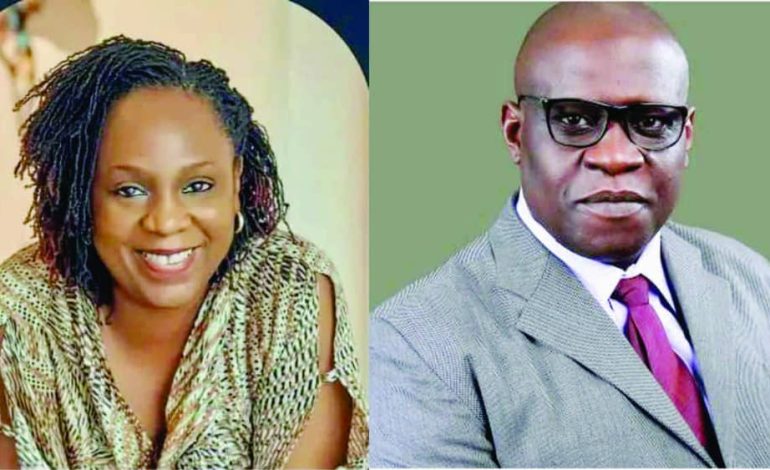
By Anote Ajeluorou
IT’S no longer news that President Bola Ahmed Tinubu has appointed new heads to man the 11 agencies under the Ministry of Arts, Culture and Creative Economy. To be fair, these appointments are unlike what usually happened in the past when political consideration rather than competence and knowledge define who got into which agency. The result has been abysmal performance over the years. But that anomaly would seem to have been partially addressed with the calibre of some of the appointees that include people with proven track record of performance in their respective fields over the years.
The appointees include music management guru, Mr. Obi Asika (National Council for Arts and Culture), art gallery expert, Tola Akerele (National Theatre), journalist, film critic and performance manager, Dr. Shaibu Husseini (National Film and Video Censors Board) and ace actor, Ali Nuhu (Nigerian Film Corporation). These appointees are private-sector technocrats, individuals driven by their passion for what they do except Husseini, who also works with the National Troupe of Nigeria as a director until his appointment. But it’s Husseini’s major interventions in non-governmental settings as culture journalist and film critic that stand him out.
Other appointees that possibly fall into the political consideration scale may include photographer, Aisha Adamu Augie (Centre for Black and African Arts and Culture), Ekpolador-Ebi Koinyan (National War Museum), Ahmed Sodangi (National Gallery of Art), Chaliya Shagaya (National Institute of Archaeology and Museums Studies), Hajiya Khaltume Bulama Gana (National Troupe of Nigeria), Otunba Biodun Ajiboye (National Institute for Cultural Orientation) and Ramatu Abonbo Mohammed (National Commission for Museums and Monuments).
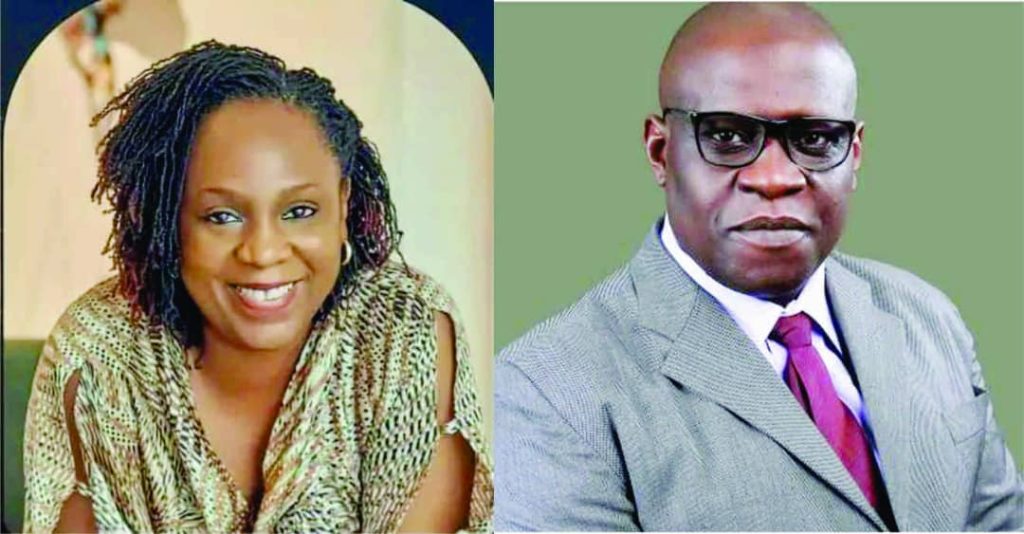
Director-General, National Theatre, Lagos, Tola Akerele and Director-General, National Film and Video Censors Board (NFVCB,) Shaibu Husseini
Asika’s portfolio of National Council for Arts and Culture (NCAA) is somewhat problematic. What does a music producer and promoter got to do with arts and crafts? Interestingly, Asika has been at the forefront of many big ideas in the culture sector, particularly music. Last year when some persons in President Muhammadu Buhari’s administration tried to push for a bill to set up a Creative Economy Commission, he was the first go-to person. But the bill came late in the life of that administration and couldn’t even be presented to the National Assembly for consideration. It died a natural death. Asika was one of those contacted to sell that bill to industry stakeholders. Now he has been an agency dealing with arts and crafts. Would Asika feel like a fish out of water?
It is in the abandoned National Culture Policy that the like of Asika would have made intervention, but could he and the new heads push the minister in that direction? Interestingly, Asika moderated the colloquium session at Felebration 2023 when the culture policy and its provisions that include an endowment fund for the arts were canvassed. It will be interesting how Asika and his fellow appointees tackle that challenge, because there’s life after this temporary government job. There are enough industry persons to provide them direction should they choose to revive that document. Asika’s passion for the growth of the creative industry is infectious; he now has the backing of a government portfolio to translate that passion to action.
Husseini has his job cut out for him at the National Film and Video Censors Board (NFVCB). But what exactly recommends Husseini for the job? He’s not a film actor beyond some stage acting and dancing that he’s an expert. He has never produced or directed a film either. However, what he has going for him is his closeness to the industry almost since Nollywood became an industry to reckon with. As a culture journalist, film critic and award adjudicator, Husseini has worked with virtually all players and faucets of Nigeria’s film industry and is widely travelled in international film festival circuit. But how will these assist him in his job as film administrator and that vexing ‘censors’ tag to his line of duty?
Perhaps as a journalist, he must listen to his subjects – all players in the film spectrum. Having associated closely with the industry in almost 30 years, Husseini should know where the challenges are and tackle them with innovative ideas that are in tandem with modern sensibilities in filmmaking. Whether ‘classification’ or ‘censorship’ is retained, NFVCB will do well to collaborate with its NFC counterpart in the same ministry and begin to remap trajectories for the industry. While the country’s political and economic directions are on a rudderless and confused course, a cultural expression like film can be made to remap the way from the woods. Things like funding, providing access to filmmakers to shoot in sensitive areas and so make subtle suggestions on outcomes for better and positive national narratives are some of the ways Husseini and Nuhu could make impact.
As a film critic and journalist, Husseini has seen it all and should work to harmonise all aspects that need alignment with modern reality. Many have argued over the years that the word ‘censor’ is anachronistic and should be removed and replaced with ‘classification’ instead, as the standard practice is in many advanced filmmaking industries elsewhere. It will be interesting how Husseini navigates this delicate landmine.
‘Kannywood’ actor, producer and director Nuhu is at the Nigerian Film Corporation (NFC), an agency that has become just another government establishment without result or impact. Although known more for acting, Nuhu has to prove himself. Oganising Zuma Film Festival is no achievement and should be struck out of its schedule. As a government agency, NFC should be an agenda-setting organ for the kind of positive narratives Nigerian films should embody through subtle guidance of filmmakers about what Nigeria should show to the world. And this is not limited to films but music as well, since music has cinematic content in music videos. Positive image projection to the global community through the instrumentality of films and videos should be the job of NFC. How do films project the Nigeria Police, the military, and other agencies of government? How can filmmakers have access to such sensitive establishments as military establishments and project them positively? This means NFC must play active roles in partly funding such projects and softening the grounds for ease of such productions.
Actively training and retraining filmmakers and supporting festivals in critical areas needing interventions are roles NFC must begin to play. Providing a pool of funding for festival organisers to access is also key to his job. Nuhu understands the challenges filmmakers face – whether in Kano, Enugu, Lagos or Asaba. He must bring his experience to bear in managing the film corporation and let the industry take ownership of it.
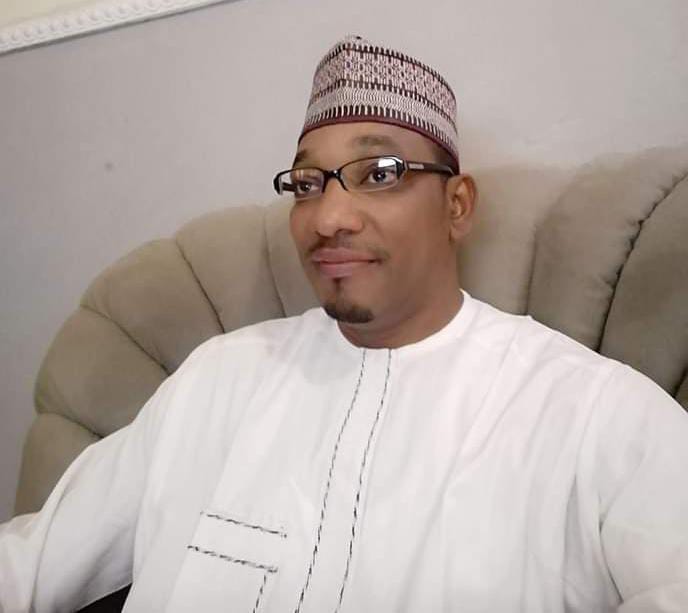
Director-General, National Gallery of Art, Ahmed Sodangi
Ahmed Sodangi is replacement for Ebeten William Ivara, who came on board on September 1, 2020. Sodangi comes with a robust experience from the private sector which would be deployed in repositioning NGA, stakeholders say. He was Bank of Industry (BOI). He has veritable skill sets in management, strategic planning and negotiation, among others, which are essential in his current role of piloting NGA in its core mandate of promotion, propagation and advancement of visual arts in Nigeria and beyond. It is instructive that Bank of Industry, where he worked last, had been consistent in sponsorship of visual arts in the country. During Olympics 2012 in London, for instance, the bank showcased works of Nigerian artists on Highbrow Cox Street for six weeks! The same year, the bank equally sponsored a major art exhibition in Asaba, Delta State, tagged Togetherness on the sidelines of South-South summit, which featured works of top artists. Bank of Industry acquired the works. Sodangi’s appointment promises a new era for NGA and visual arts in Nigeria. Sodangi wil do well to replicate what Bank of Industry did for the sector and leverage on his expertise to woo the corporate community to the visual arts sector.
When Minister Hannatu Musa Masuwa told the National Assembly during her budget defence that her ministry intends to build a national theatre and a museum in Abuja, a modern gallery of art was not in the picture. Sodangi has a duty to lobby for a gallery in next year’s budget.
Akerele’s role at the National Theatre appears somewhat more precarious in what a culture personality describes as “a confusing state of affairs.” With the Nigerian Bankers’ Committee being part owners of the foremost culture edifice, it’s tricky how exactly the relationship will pan out. Is there a defined sharing or operational formula yet? Who runs what? Where do her duties stop for the bankers to begin? Akerele has done well in art gallery and event management and wrought uncommon success in art entrepreneur. What the theatre has lacked over the years is patronage that attended the edifice in its early years. How will she deploy her art entrepreneurship to overcome that debacle?
“Well, for the fact that she is a creative entrepreneur, she night be able to attract clientele that have shunned the theatre because of location, status, etc,” the culture watcher further opined. “And don’t forget, with the Bankers’ Committee’s investments, the theatre is going fully commercial.”
But that is the challenge. How does a fully commercialised entity align with government’s ownership that is supposed to subsidise for industry stakeholders? With theatre practice still unstructured, what happens to practitioners struggling to put up shows with lack of sponsorship? It will be interesting how Akelere navigates the intricacy of dual ownership of the theatre – government and private sector – and bring life back to the iconic edifice. With Minister Masuwa proposing to build a theatre and a museum in Abuja with her ministry’s N25.16 billion, culture watchers will be keen to see how Akerele revives a dead but renovated edifice to make the National Theatre the ‘venue that truly makes the event’ motto tick.
Beyond being the Chief Conservator of the National War Museum, Koinyan could actually be about the serious business of bringing genuine closure to the Nigerian Civil War that ended in January 1970. It’s a war that still rages in the minds and heads of most, not least was Nigeria’s former President Muhammadu Buhari, whose ‘dot in the circle’ imagery still raises bile. If that war is yet to end for a man who claimed ‘no victor, no victim’ empty slogan, imagine the burden those who were directly affected and their offspring still bear. A monument, not unlike what Rwanda set up to mourn the dead in that country’s 1994 genocide, should be erected perhaps in Enugu with open apologies to victims and even victors alike, with the war made a subject to be taught in schools. That way perhaps the undying ghost of Biafra could be finally laid to rest. That way too, that unfortunate war will begin to attract tourists and be examples to others, as a path no one should ever thread.
Koinyan must work in this direction if he’s to make impact on his job. With the museum tucked in Umuahia, he has a duty as chief conservator to cause headlines with such deft historical move that could truly unite the country and allow fears of real or perceived marginalisation.
National Commission for Museums and Monuments is perhaps one parastatal that needs a true technocrat to manage it. Although Mohammed’s pedigree may not be in doubt, but she’s unknown in discussions about cultural artefacts and their proper preservation. In an era where campaign for the return of looted artefacts is heated, someone with a proper sense of history and tourism management should be in the saddle of museums. It can be argued that everyone in the museum management system in Nigeria either lacks the competence or are ill-motivated to do their jobs, given the abysmal rot in Nigeria’s museum system. Therefore appointing any establishment person to manage the museums is a bad idea. The Nigerian museum system – from Lagos to Benin City, Kano, Jos, Calabar, etc – is a huge mess. Rundown buildings, poorly managed environments and poorly kept artefacts all converge to make Nigerians museums unattractive to Nigerians not to mention international visitors. This has robbed the country of monies that the rare artefacts in the museums should earn her from local and international tourism.
Would these appointees prove critics wrong in the discharge of their duties by bringing desired innovations to these culture agencies? Or would their appointments be just another ‘job’ for the ‘boys’ or ‘girls’, as experience in the past amply indicates with the consistent rot and under-performance of these agencies over the years? In other words, will these new helmsmen and women be the proverbial square pegs in round holes anomally that those in the culture sector are used to or will they reverse the usual illogic in the governance of these agencies for beter outcomes? Only time will tell.

